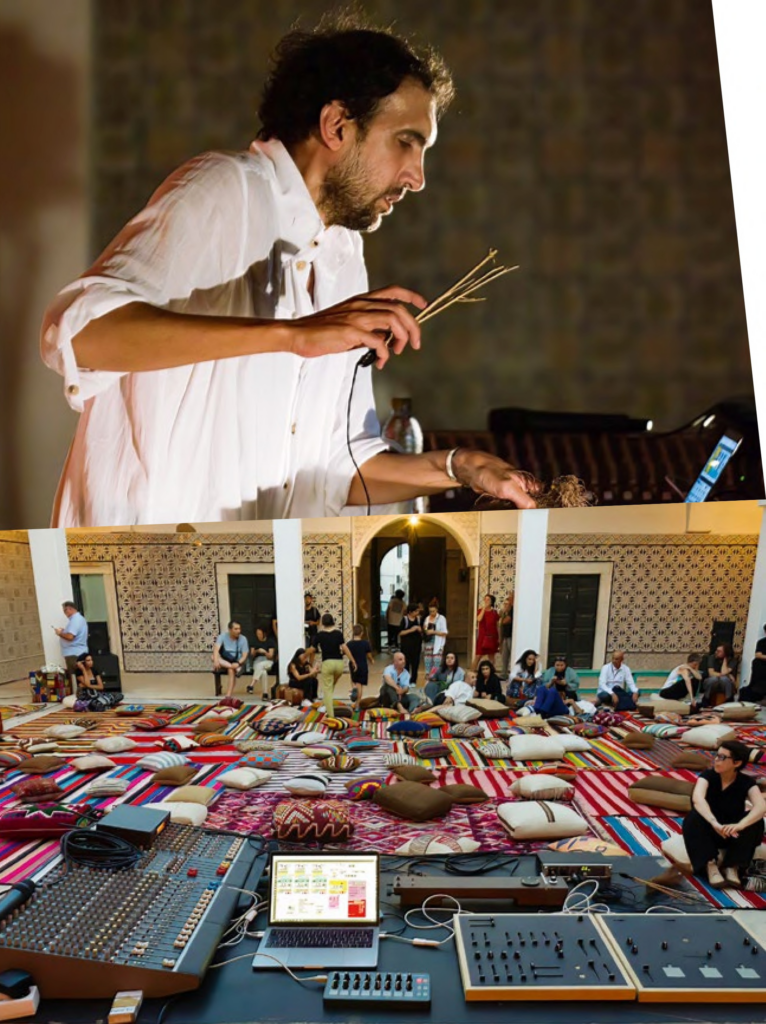TAREK ATOUI
He was born in 1980 in the Lebanese capital, Beirut, and lives and works in Paris, France
2022-ongoing

Artist and composer Tarek Atoui is known for his collaborative and improvisatory sound performances and installations. Developed from rigorous research on diverse musical histories and cultures, his works encompass self-built instruments and machines, experimental sonic objects, and electronic music. For Atoui, these technologies are catalysts of human interaction and improvisation, through which he expands the experience of sound into multisensorial dimensions and the social sphere. Organizing concerts and workshops is a core aspect of his practice. Atoui studied contemporary and electronic music at the French National Conservatory of Reims. His many projects have been featured in major exhibitions worldwide, such as the 17th Istanbul Biennial (2022), 58th Venice Biennale (2019), and dOCUMENTA 13 (2012).
His long-term research and performance project, (2022–ongoing) focuses on collecting and experimenting with sounds associated with an Arabic musical sensibility known as tarab, which describes the emotional thrall and ecstatic state of the listener. Emerging from Atoui’s previous research at AMAR Foundation in Lebanon, which houses one of the largest collections of early twentieth-century Arabic music recordings worldwide, قراطلا traces the socially defined musical network of circulation. New to this project is Atoui’s work with recordings that he has purchased and collected among the tribes and villages situated along a path running from the Atlas Mountains of Northern Africa to the Arabian Gulf and along the nomadic routes of the Tuareg people. Characterized by raw vocals and crossing rhythms, this music resonates in compositions integrating contemporary electronic sounds and field recordings, which are amplified and modified by Atoui’s self-programmed computer software and an eclectic collection of instruments.
قراطلا goes beyond sound; for the artist the title refers to the “night- comer”—the guest who comes at night seeking knowledge, and also to Venus, the morning star that guided caravan journeys at dawn. The sonic work guides the audience through a variety of locales, from bustling souks to joyous weddings and intimate music salons, reflecting Atoui’s extensive research, initially in Morocco and now in Saudi Arabia. The resulting composition is laden with affect and contains rich psychogeo- graphical textures. It also speaks to the shape-shifting nature of musical phenomena, in which the resilience of rural, participatory repertoires interfaces with the shifting, polyglot sounds of urban music to underscore the multifaceted nature of auditory experience.


